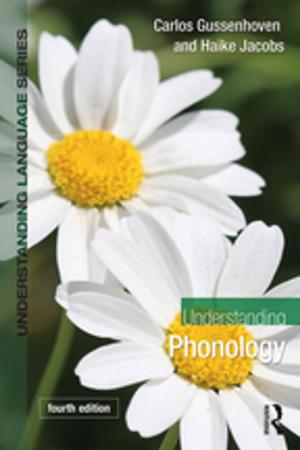| Author: | ISBN: | 9781317518822 | |
| Publisher: | Taylor and Francis | Publication: | October 2, 2017 |
| Imprint: | Routledge | Language: | English |
| Author: | |
| ISBN: | 9781317518822 |
| Publisher: | Taylor and Francis |
| Publication: | October 2, 2017 |
| Imprint: | Routledge |
| Language: | English |
This comparative analysis of the sometimes fraught process of achieving democratic governance of security intelligence agencies presents material from countries other than those normally featured in the Intelligence Studies literature of North America and Europe. Some of the countries examined are former Communist countries and several in Latin America are former military regimes. Others have been democratic for a long time but still experience widespread political violence. Through a mix of single-country and comparative studies, major aspects of intelligence are considered, including the legacy of, and transition from, authoritarianism; the difficulties of achieving genuine reform; and the apparent inevitability of periodic scandals. Authors consider a range of methodological approaches to the study of intelligence and the challenges of analysing the secret world. Finally, consideration is given to the success – or otherwise – of intelligence reform, and the effectiveness of democratic institutions of control and oversight. This book was originally published as a special issue of Intelligence and National Security.
This comparative analysis of the sometimes fraught process of achieving democratic governance of security intelligence agencies presents material from countries other than those normally featured in the Intelligence Studies literature of North America and Europe. Some of the countries examined are former Communist countries and several in Latin America are former military regimes. Others have been democratic for a long time but still experience widespread political violence. Through a mix of single-country and comparative studies, major aspects of intelligence are considered, including the legacy of, and transition from, authoritarianism; the difficulties of achieving genuine reform; and the apparent inevitability of periodic scandals. Authors consider a range of methodological approaches to the study of intelligence and the challenges of analysing the secret world. Finally, consideration is given to the success – or otherwise – of intelligence reform, and the effectiveness of democratic institutions of control and oversight. This book was originally published as a special issue of Intelligence and National Security.















